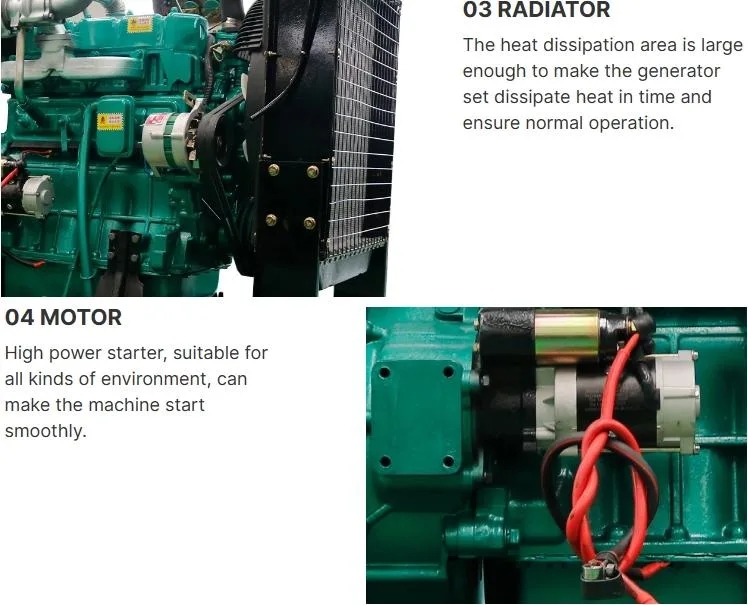Introduction
Diesel generators play a crucial role in providing backup power during outages and emergencies. These generators are widely used in various settings, including residential, commercial, and industrial applications. However, the operation of diesel generators is subject to strict regulatory requirements to ensure safety, environmental protection, and compliance with laws and standards. In this article, we will explore the regulatory landscape governing diesel generators and discuss the key requirements that operators must adhere to.
Regulatory Framework for Diesel Generators
The operation of diesel generators is governed by a complex regulatory framework that varies depending on the jurisdiction and the specific application of the generator. In general, regulatory requirements for diesel generators can be broadly categorized into three main areas: environmental regulations, safety standards, and performance standards.
Environmental Regulations
One of the primary concerns associated with the operation of diesel generators is their impact on the environment. Diesel generators emit pollutants such as nitrogen oxides (NOx), particulate matter (PM), and carbon monoxide (CO), which can have adverse effects on air quality and human health. As a result, regulatory agencies have established stringent emissions standards to limit the environmental impact of diesel generator operation.
In the United States, the Environmental Protection Agency (EPA) sets emissions standards for diesel generators under the Clean Air Act. The EPA's regulations require diesel generators to meet specific emission limits for NOx, PM, and other pollutants. Operators of diesel generators must ensure that their equipment complies with these standards to avoid penalties and fines.
In addition to federal regulations, many states and local jurisdictions have their own emissions standards for diesel generators. These regulations may be more stringent than federal standards and may require operators to implement additional pollution control measures. It is essential for operators to be aware of and comply with all applicable environmental regulations to minimize the environmental impact of their diesel generators.
Safety Standards
The safe operation of diesel generators is paramount to prevent accidents, injuries, and property damage. Regulatory agencies have established safety standards that govern various aspects of diesel generator operation, including installation, maintenance, and operation procedures. These standards are designed to ensure that diesel generators are operated safely and that risks are minimized.
The Occupational Safety and Health Administration (OSHA) in the United States sets safety standards for diesel generators in workplace settings. These standards cover a wide range of safety requirements, such as proper ventilation, electrical safety, and fire prevention measures. Operators of diesel generators must comply with OSHA regulations to protect the health and safety of their employees and prevent workplace accidents.
In continue reading this.. to OSHA regulations, there are industry-specific safety standards that may apply to diesel generators. For example, the National Fire Protection Association (NFPA) has developed standards for emergency power systems, including diesel generators, to ensure their safe installation and operation. Operators should familiarize themselves with these standards and implement appropriate safety measures to prevent accidents and ensure compliance.
Performance Standards
In addition to environmental and safety regulations, diesel generators are subject to performance standards that govern their efficiency, reliability, and overall performance. These standards are designed to ensure that diesel generators operate effectively and provide reliable backup power when needed. Compliance with performance standards is essential to ensure that diesel generators meet the needs of their users and perform as intended.
Performance standards for diesel generators may include requirements for fuel efficiency, voltage regulation, load acceptance, and other key performance metrics. Operators must regularly monitor and maintain their diesel generators to ensure that they meet these standards and perform optimally. Failure to comply with performance standards can result in equipment malfunction, power outages, and other operational issues.
Conclusion
Diesel generators are essential backup power sources that play a critical role in ensuring continuity of operations during outages and emergencies. However, the operation of diesel generators is subject to strict regulatory requirements aimed at ensuring safety, environmental protection, and performance standards. Operators of diesel generators must be aware of and comply with these regulations to avoid penalties, protect the environment, and maintain the reliability of their equipment. By adhering to regulatory requirements, operators can ensure the safe and effective operation of diesel generators in various settings.

